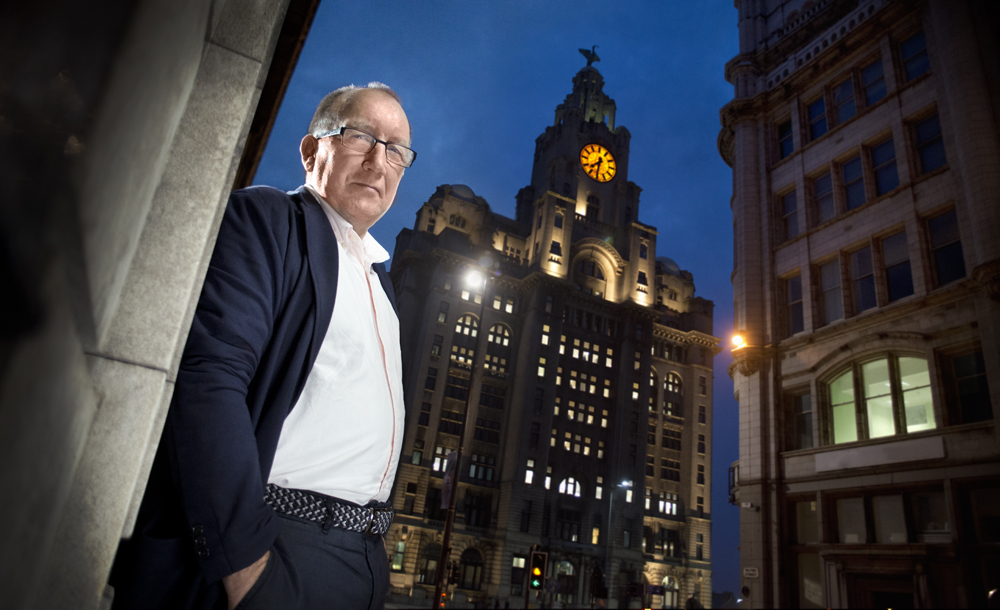
Roger Shannon, Professor of Film and Television at Edge Hill University.
Edge Hill recently celebrated the Centenary of the birth in Lancashire of one of the world’s most renowned surrealist artists, Leonora Carrington.
Born in 1917 in Clayton Le Woods, Chorley, and raised in Lancashire, Leonora became a ‘national treasure’ in her adoptive home of Mexico, where she lived from 1942 till her death in 2011. She arrived in Mexico via an art fueled adventure that took in the legendary International Surrealist Exhibition in London in 1936; life with Dadaist and Surrealist, Max Ernst, in France; a catastrophic breakdown in Spain; escape to New York’s artistic milieu followed by a warm welcome from Mexico, a country then liberally embracing European artists and intellectuals in flight from Nazism.
100+ attendees assembled at the University’s ‘creative campus’ just outside Ormskirk on June 30th for a day of academic papers, talks, films, dance performances, drama, poetry and short stories, all based on or responding to Leonora’s vast repertoire of creative work, both visual and literary.
International academics from Universities in Ireland, France, Spain, Germany, France and Mexico visited Edge Hill University to take part in the Symposium, joining many similarly minded from a host of UK Universities.
An aim of the Centenary Symposium was to celebrate Leonora Carrington in her home county of Lancashire – ‘Re Lancastrianising Leonora’, as we put it. This approach recognises that her work is not as acknowledged in the UK (or even in home county Lancashire) as perhaps it ought to be.
Distinguished guests included Professor Gabriel Weisz Carrington, Leonora’s son; author and journalist Joanna Moorhead (Leonora’s biographer) and Dr Catriona McAra, from Leeds College of Art, who delivered a Key Note talk.
Visiting the University from Mexico City, Gabriel discussed his mother’s work in conversation with Professor Roger Shannon; Joanna, a cousin of Leonora, drew on her recently published biography, ‘Leonora Carrington : A Surreal Life’, in conversation with Professor Ailsa Cox, while Catriona set the tone of the day with a stimulating exposition of the influence that Leonora’s work has in contemporary art and culture.
Participants also had the pleasure of previewing two new recently finished films about Leonora Carrington, films that have not yet been publicly aired.

Teresa Griffiths’ ‘The Lost Surrealist’ made for BBC documents Leonora’s life, from Lancastrian origins to Mexican ‘national treasure’ status, which will be screened on BBC this Autumn; and Josh Appignanesi’s ‘Female Human Animal’, an independent feature film featuring the Mexican writer, Chloe Aridjis, who co curated Tate Liverpool’s ground breaking exhibition in 2015 about Leonora Carrington (an exhibition prompted and sponsored by Edge Hill University).
The organisers were delighted to receive endorsements for their endeavours from the Mexican Minister of Culture, Maria Cristina Garcia Cepeda, who commented – ‘I wish to congratulate the Edge Hill University for the artistic programme that was presented to commemorate Leonora Carrington’s centenary in her home county. I believe the activities you presented are a great recognition of the work of such an outstanding artist and symbol of surrealism in Mexico and worldwide.’
Gabriel Weisz Carrington, whose Fundacion Leonora Carrington champions the legacy of his mother in Mexico and internationally, was equally pleased with this Lancastrian celebration – ‘ I think your event was very important as a legacy of Leonora’s work. Your effort is instrumental for Leonora being a bit less of a stranger in her own country, and county, of birth.’
The Centenary Symposium organisers (Professor Ailsa Cox, from the University’s Creative Writing dept; James Hewison and Michelle Man from the Performance Arts dept, who performed at the Symposium their Leonora influenced dance piece, ‘Imaginarium’; and Professor Roger Shannon, Director of I C E, the Institute for Creative Enterprise) were delighted with the response to the day and are in the throes of planning future events to highlight Leonora’s legacy.
